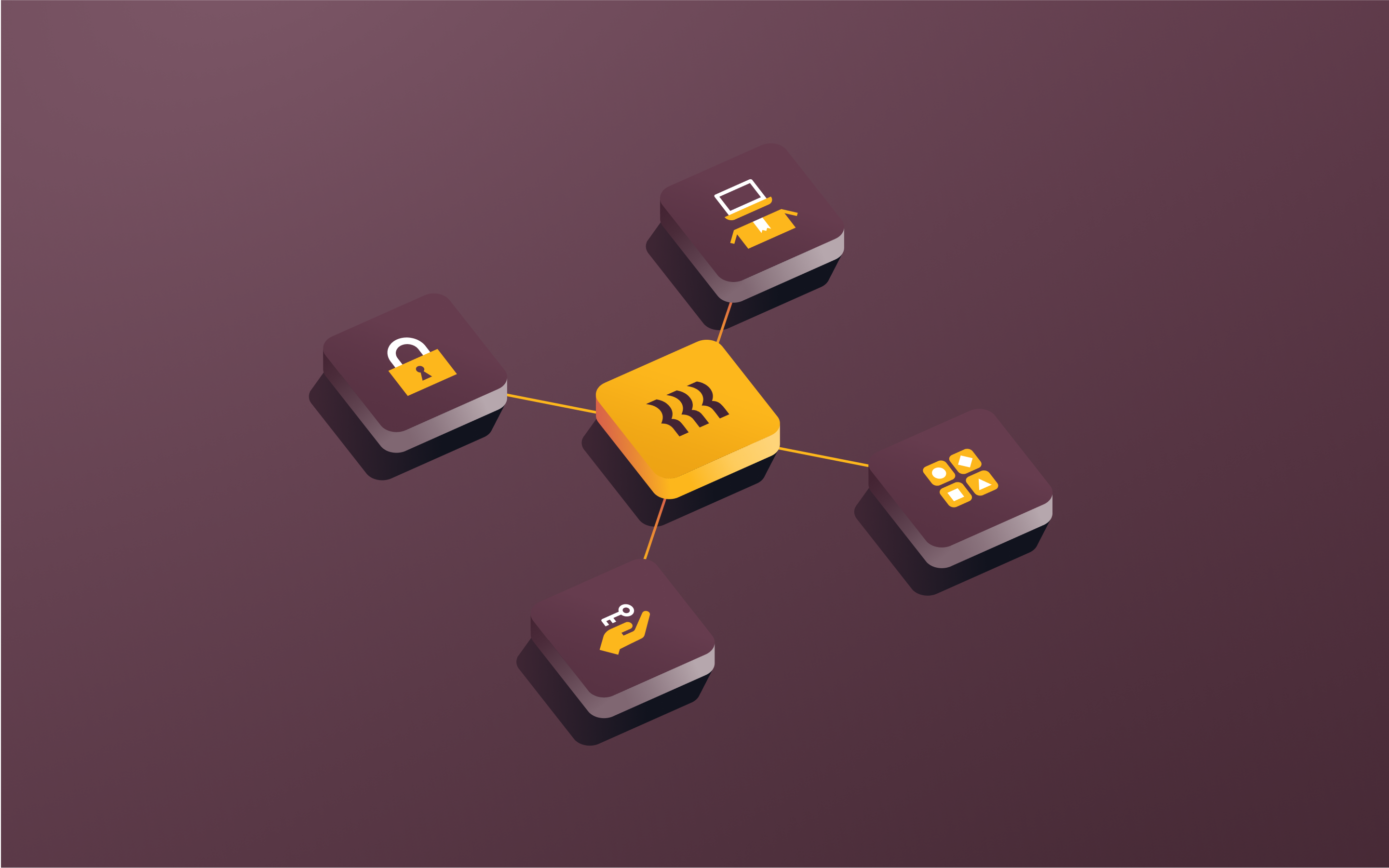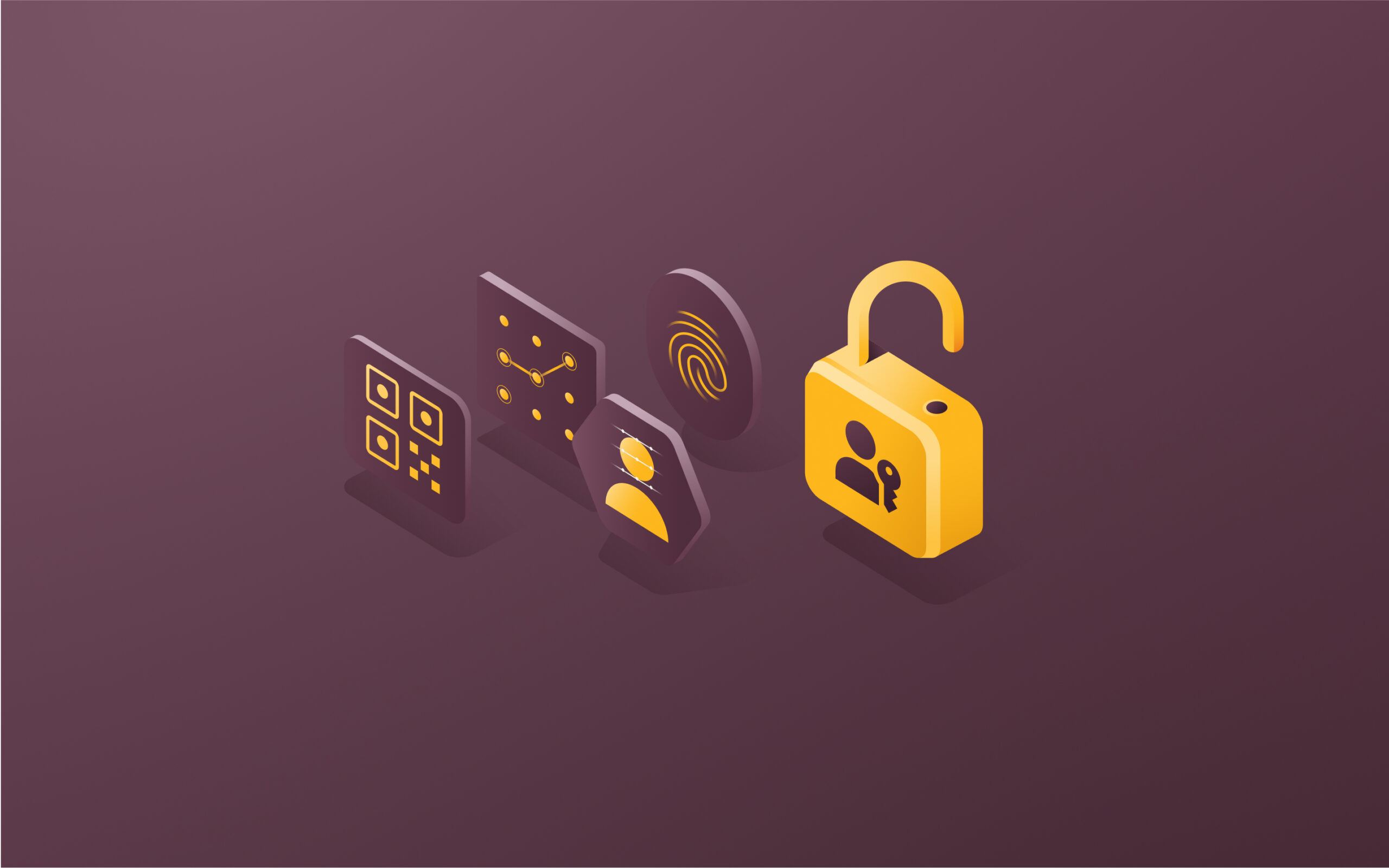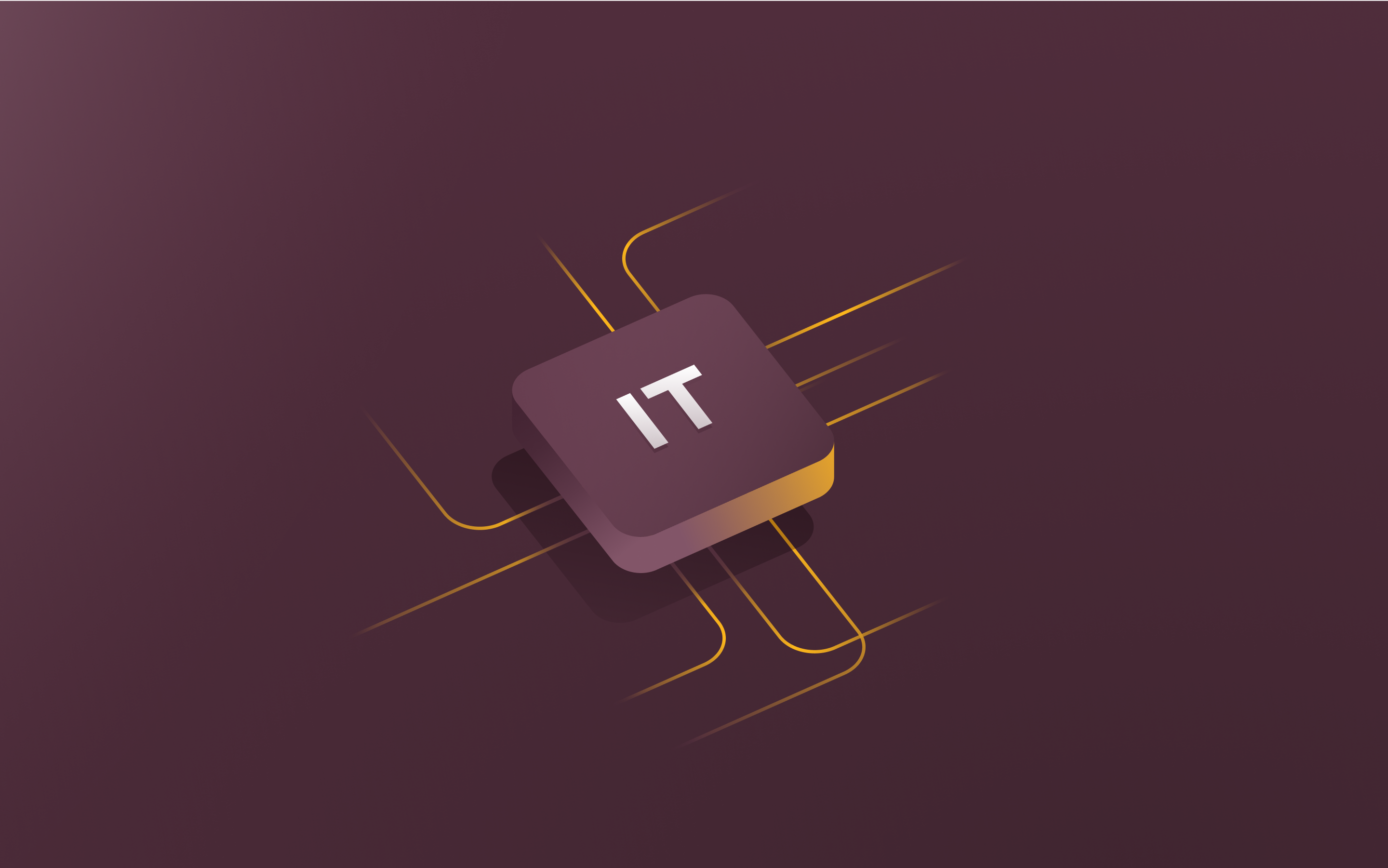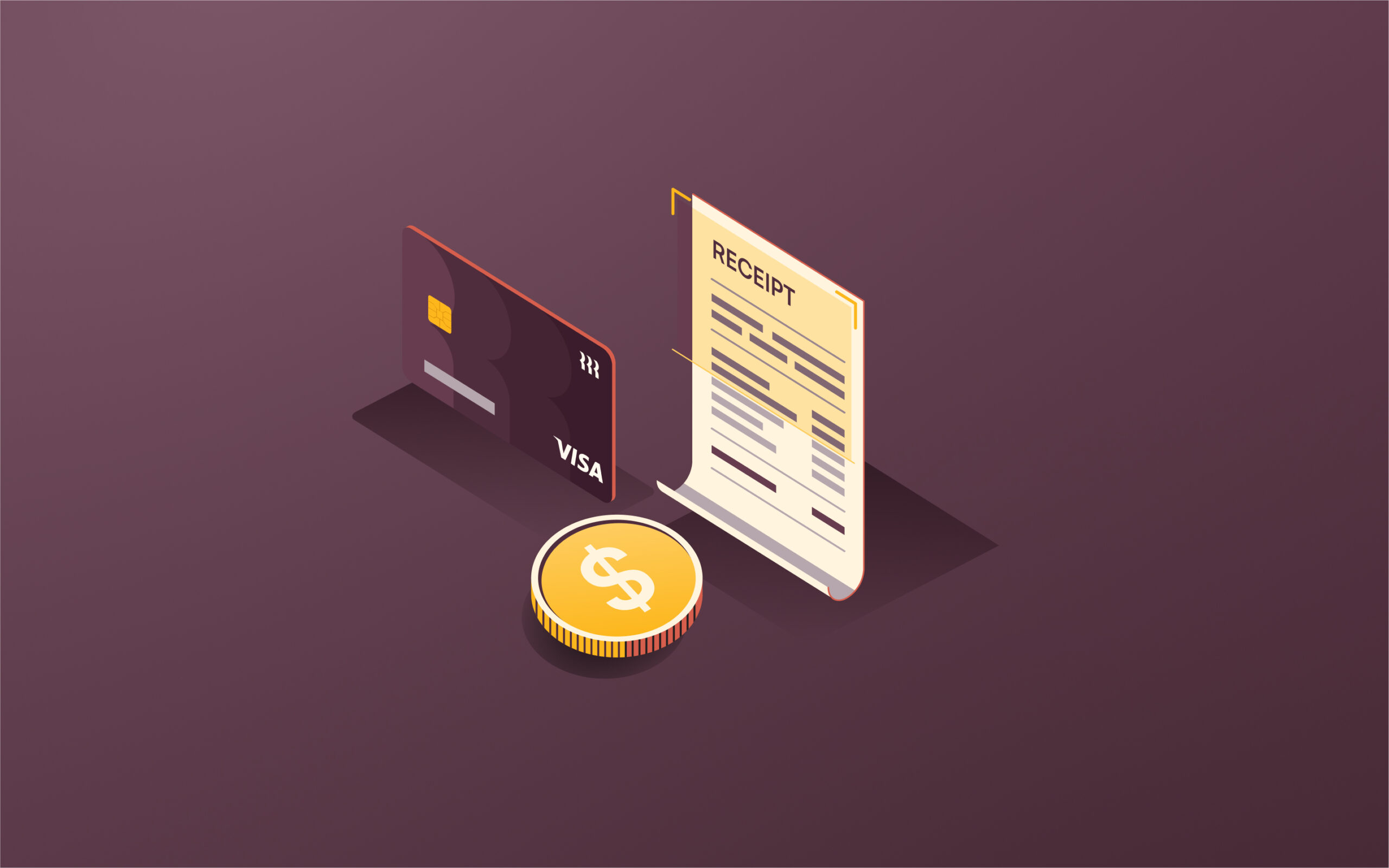Best Two-Factor Authentication App for 2025: Top Picks
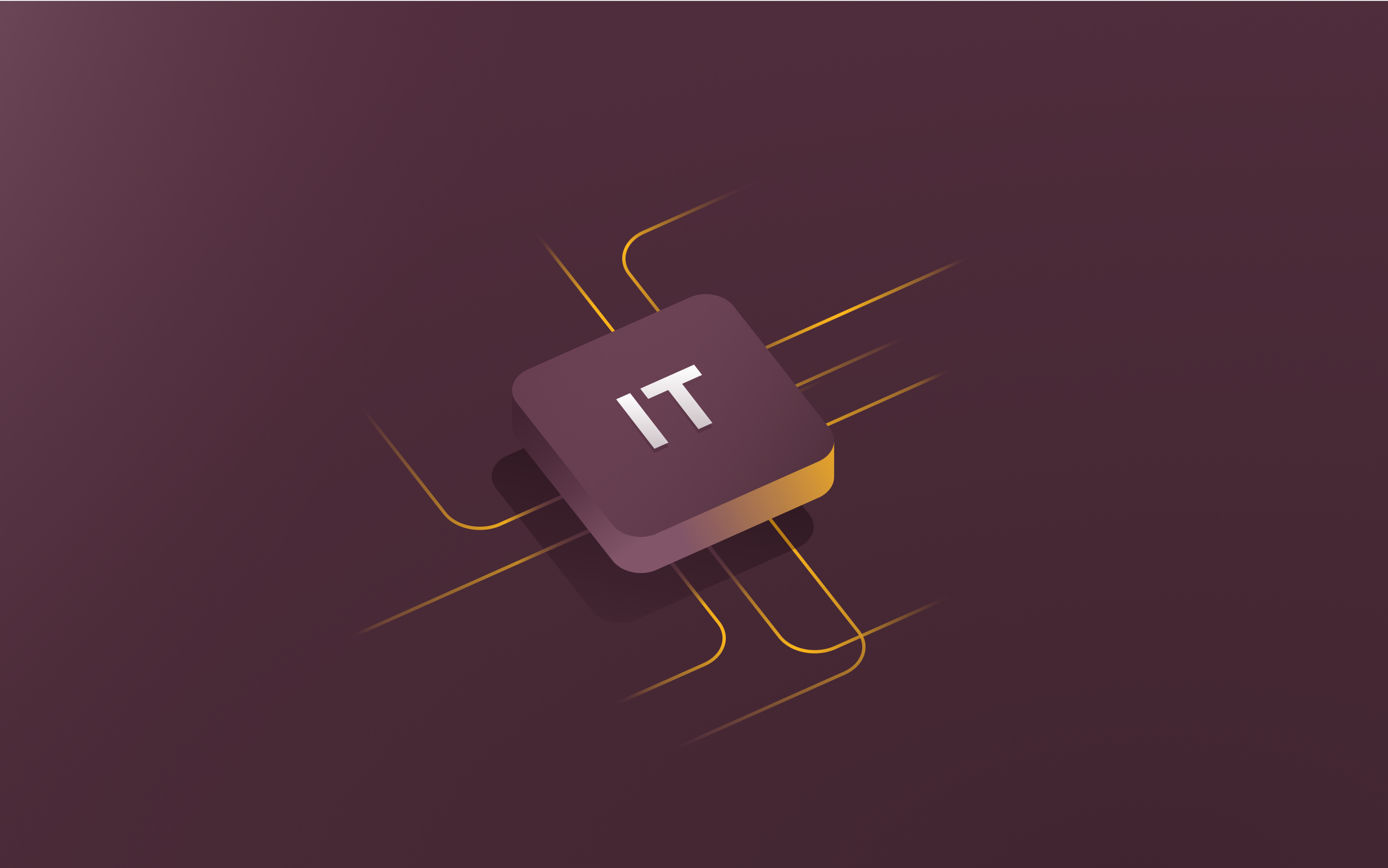
The weakest link in your company's security isn't expensive firewalls or advanced threat detection—it's the humble password. Even the most complex passwords can be compromised, which is why businesses are turning to two-factor authentication apps as an essential second line of defense.
Finding the best two-factor authentication app for your organization means balancing security with usability. The right solution protects your sensitive data without creating frustrating obstacles for your team's daily workflow.
What is two-factor authentication?
Two-factor authentication (2FA) is a type of multi-factor authentication that requires two different forms of identification to access an account. Unlike password-only protection, 2FA is a security method that combines something you know (your password) with something you have (like your phone) or something you are (biometric data). This additional layer makes it significantly harder for unauthorized users to access your accounts.
Even if hackers steal your password, they still can't access your account without the second factor.
The most common second factors include:
- Authenticator apps that generate time-based codes
- SMS verification codes
- Email verifications
- Hardware security keys
- Biometric verification
Why are two-factor authentication apps important for businesses?
For businesses, implementing strong authentication across all accounts is essential for protecting sensitive data. Compromised credentials, often stemming from password attacks, are the entry point for most data breaches, which can cost companies millions in damages and lost trust.
Two factor authentication applications provide a robust defense that protects business data from unauthorized access. They're particularly valuable for:
- Critical systems protection: Secure access to financial platforms, customer databases, and proprietary information
- Remote work security: Maintain security standards when employees work outside traditional office environments
- Compliance requirements: Meet regulatory standards that mandate strong authentication
2FA apps allow for centralized management of authentication across the organization.
How to choose the best 2FA app
The best 2FA app for your business should have strong security features, sync with multiple devices, and be easy to use.
Security features
When evaluating authenticator apps, prioritize those with strong security foundations. Look for apps that offer:
- End-to-end encryption for stored tokens
- Secure backup options that don't compromise security
- Biometric protection, like fingerprint or face recognition
- PIN or password protection for app access
- Protection against screenshot attempts
The best auth apps also support the industry-standard time-based, one-time password (TOTP) algorithm and offer additional protections like push notifications for authentication requests. These features ensure your second factor remains secure even if your device is compromised.
Multi-device syncing
Multi-device syncing is crucial for business users who work across multiple devices. The best authenticator apps provide:
- Secure cloud backup with strong encryption
- Straightforward recovery processes
- Cross-platform support across iOS, Android, and desktop
Usability
The most secure authenticator app is one that people actually use. User-friendly interfaces with clear visual cues make daily authentication faster and less frustrating. Consider these usability factors:
- Intuitive design that requires minimal training
- Quick access to codes when needed
- Clear organization of multiple accounts
- Customization options for easier account recognition
Top 5 two-factor authentication apps for businesses
1. Rippling
Rippling stands out by integrating identity management with broader HR and IT systems. This creates a seamless security experience that eliminates the gaps often found in standalone solutions. Rippling is the only platform that natively combines HRIS, identity, and device data.
When you use Rippling, two-factor authentication is built right into a unified system for device and identity management, so you don't have to worry about stitching them together yourself.
Key features include centralized user management, automated onboarding and offboarding processes, and policy-based access controls. Rippling provides its own SSO or can partner with existing SSO providers while adding additional security layers. The platform automatically provisions and deprovisions access when employees join or leave.
Rippling's unified approach means authentication is part of a comprehensive system that handles everything from device management to payroll. This integration ensures security policies are consistently applied across all company systems.
2. Duo mobile
Duo Mobile has established itself as a leading enterprise authenticator solution with features designed specifically for business environments. Its strengths include:
- Push notifications that allow one-tap authentication
- Offline capabilities when internet access is limited
- Extensive integration options with business systems
- Detailed security reports and analytics
Duo supports various authentication methods beyond TOTP codes, including phone callbacks, hardware tokens, and biometrics. While more expensive than consumer options, Duo's pricing is transparent with tiered plans based on features and user count.
3. Google Authenticator
Google Authenticator pioneered mobile authentication and remains one of the most widely used 2FA apps due to its simplicity and reliability. Recent updates have significantly improved its functionality by adding cloud backup for authentication tokens through your Google account.
The interface remains clean and straightforward, making it easy for non-technical users to manage multiple accounts. Google Authenticator works with any service that supports standard TOTP, not just Google services. It's completely free with no premium tiers or subscriptions.
4. Microsoft Authenticator
Microsoft Authenticator works well in environments already using Microsoft products. Its standout feature is passwordless authentication, allowing users to sign in with just their username and app verification.
For businesses, Microsoft Authenticator provides:
- Detailed conditional access policies
- Integration with Azure Active Directory
- Cloud backup through Microsoft accounts
- Cross-device syncing
The app supports TOTP codes for non-Microsoft services as well, making it versatile for mixed environments. Microsoft Authenticator is free and available on iOS and Android.
5. Authy
Authy distinguishes itself with multi-device support and backup capabilities. It allows secure syncing across unlimited devices through encrypted cloud backups, making it ideal for users who regularly switch between phones, tablets, and computers.
The app offers desktop applications for Windows, Mac, and Linux in addition to mobile apps. Authy's interface allows for easy organization of multiple accounts with custom icons and labels. Security features include encrypted backups protected by a password only you know and optional PIN protection.
Best authenticator apps comparison
When comparing the best multi-factor authentication apps, consider these key features:
Company
Key Features
Integration
Multi-device
Rippling
- Centralized user management
- Automated onboarding/offboarding
- Policy-based access controls
Provides own SSO or integrates with existing SSO providers
Yes
Duo Mobile
- Push notifications for one-tap authentication
- Offline capabilities
- Extensive integration options
- Detailed security reports and analytics
Wide integration with business systems
Yes
Google Authenticator
- Cloud backup for tokens through Google account
Standard TOTP support for any service
Limited
Microsoft Authenticator
- Passwordless authentication
- Conditional access policies
- Cloud backup through Microsoft
Azure Active Directory integration
Yes
Authy
- Multi-device support
- Encrypted cloud backups
- Desktop and mobile applications
Works across unlimited devices
Yes
Protect your business with Rippling
Implementing strong authentication is essential, but it's just one piece of a comprehensive security strategy. Modern businesses need integrated solutions that connect identity management with broader workforce systems to eliminate security gaps.
Rippling’s IT management software brings together identity management, device security, and inventory management, creating powerful security automations:
- Automatic provisioning: New employees immediately receive appropriate access
- Instant deprovisioning: When employees leave, all access is immediately revoked
- Role-based controls: Security permissions automatically adjust when roles change
- Consistent enforcement: Authentication requirements apply uniformly across systems
With Rippling's identity management software and device management solutions, you can implement strong authentication while reducing administrative burden. The platform's unified approach ensures security remains tight even as your organization evolves.
FAQs about authenticator apps
Can two-factor authentication apps protect me from every cyber threat?
No, while 2FA significantly strengthens account security, it doesn't protect against all threats like malware or sophisticated phishing attacks that trick users into revealing both factors.
Are authenticator apps better than SMS-based verification codes?
Yes, authenticator apps are more secure than SMS verification because they can't be intercepted through SIM swapping attacks or cellular network vulnerabilities that compromise text messages.
What happens if I lose my phone with my authenticator app?
Most services provide backup codes during 2FA setup that you should store securely offline, and many authenticator apps now offer cloud backup options to restore your tokens on a new device.
How do authenticator apps work without an internet connection?
Authenticator apps use a time-based algorithm synchronized with the service's server, generating codes based on a shared secret key and the current time, which is why they work offline.
Which authenticator app offers the best balance of security and convenience?
Apps with cloud backup capabilities like Google Authenticator or Microsoft Authenticator offer the best balance, while businesses may benefit from enterprise solutions like Rippling or Duo.
How can businesses implement 2FA across their entire workforce?
Businesses can implement organization-wide 2FA most effectively through unified identity management platforms that automate provisioning, enforce consistent policies, and integrate with existing systems.
This blog is based on information available to Rippling as of June 16, 2025.
Disclaimer: Rippling and its affiliates do not provide tax, accounting, or legal advice. This material has been prepared for informational purposes only, and is not intended to provide or be relied on for tax, accounting, or legal advice. You should consult your own tax, accounting, and legal advisors before engaging in any related activities or transactions.





